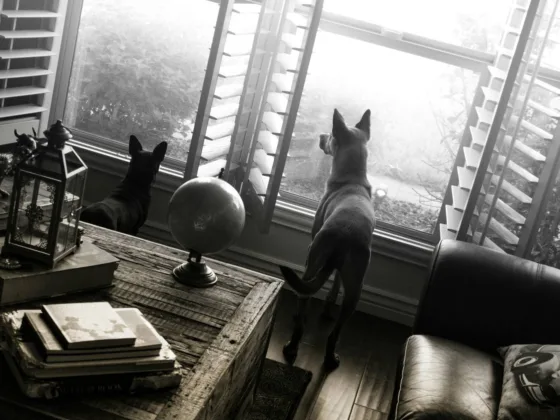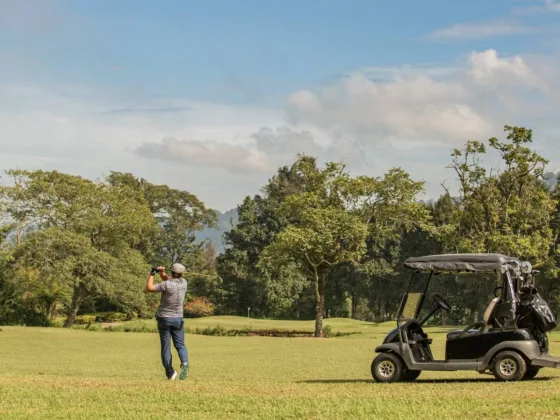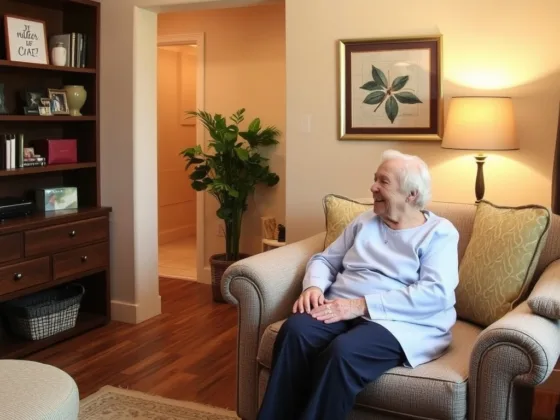Table of Contents Show
A few things are as wonderful as creating music for yourself and the rest of the world. Musicians truly do add so much to the world. But when you start your journey to becoming a musician, you need to not only think of your creative drives and desires but also about other people. While simple solutions such as noise dampening panels exist for musicians to be kind to their neighbors and mindful of noise ordinances, there are many other factors to consider when being a polite and considerate musician.
By definition, you will be making noise when you are making music. And that means that you have to consider other people and ensure that you are being respectful, punctual, considerate, and kind. There are many ways to make sure that you’re being a caring and considerate musician who is making something special but also not upsetting others.
Being a considerate musician goes beyond mastering your instrument and musical theory. Instead, it involves creating some strong interpersonal skills, respecting the space of others, and contributing to the musical community in the best ways.
Listen Actively
Active listening is a fundamental aspect of being considerate as a musician. If you aren’t listening to others, their music, and their opinions, you won’t get far.
Pay attention to what others are playing, and be receptive to their musical ideas too. This not only improves the overall sound of your music and any group you belong to but also shows respect for your fellow musicians.
Be Punctual
Respect your bandmates’ time by being punctual to rehearsals, gigs, and other musical commitments. If they ask to meet at a certain time, make sure that you do whatever it takes to be there at that agreed-upon time. Being late is something that many people battle with but you shouldn’t be one of them.
Being consistently on time demonstrates your professionalism and also your consideration for others.
Communicate Effectively
Clear communication is key to a successful musical collaboration. To make sure you’re communicating well, try to express your ideas and opinions openly, but do so constructively and respectfully.
You need to be sure that you foster an environment where everyone feels comfortable sharing thoughts and feedback if you want to truly collaborate with others and create something that sounds and feels special.
Be Open to Feedback
Receiving constructive criticism gracefully is a true sign of a considerate musician.
Use whatever feedback is given as an opportunity for growth and improvement rather than taking it personally. This open-minded approach contributes to a positive and collaborative musical atmosphere.
Respect Personal Space
Whether practicing or performing, be aware of the physical space around you. Avoid overcrowding other musicians and instruments, and be mindful of the acoustics in the room.
Respecting the personal space of others will contribute to a comfortable and efficient rehearsal environment.
Prepare Thoroughly
Be sure that you are arriving at rehearsals and performances well-prepared and ready to get to work.
To do this, you will need to familiarize yourself with the music in advance and ensure your instrument is in proper working condition. Don’t do all of this at the rehearsal space. Instead, set aside time to do it earlier.
Be Flexible and Adaptable
Musical collaborations often involve compromise. So you should be open to trying new ideas and adapting to the preferences of the group.
A flexible mindset fosters creativity and helps create a cohesive sound within the ensemble.
Support Your Fellow Musicians
Encourage and support your fellow musicians in their musical endeavors. Be their biggest cheerleader and their loudest fan. Attend their gigs, share their work on social media, and offer great feedback and they will do the same in return.
Building this sort of supportive community will just strengthen the overall musical landscape and foster positive relationships among musicians.
Manage Volume Levels
Be mindful of your instrument’s volume, especially in rehearsals and small venues.
Then adjust your playing to ensure a balanced sound, allowing each instrument to be heard without overpowering others. This consideration for volume contributes to a more polished and enjoyable musical experience.
Maintain Professionalism
Whether you’re rehearsing, performing, or interacting with other musicians, maintain a high level of professionalism. You want to be someone that other people desire to work with and that will only happen if you’re professional.
This includes being courteous, arriving prepared, and conducting yourself in a manner that reflects positively on both yourself and the musical community.
Clean Up After Yourself
Whether it’s a rehearsal space, a studio, or a venue, make an effort to clean up after yourself. Put away your equipment, organize cables, and leave the space as you found it. This consideration for shared spaces demonstrates respect for the environments where musical collaboration takes place.
Be Mindful of Rehearsal Dynamics
Pay attention to the relationships and dynamics within any rehearsal space that you use. If someone is struggling with a particular song or idea, offer support and assistance. Make sure that this is a collaborative environment.
At the same time, if your group or band is working well together, acknowledge this positive energy and contribute to it, fostering it to keep it strong. Rehearsing with others should be a time to perfect your skills, explore new ideas, and grow closer to other musicians.
Learn to Compromise
Musical collaboration often involves compromise, whether it’s adjusting arrangements, accommodating different playing styles, or finding a middle ground on creative decisions.
That means that being willing to compromise will contribute to a harmonious and cooperative musical environment.
Foster a Positive Rehearsal Environment
Create a positive and encouraging atmosphere during rehearsals and you will find that your music sounds better and it feels better to perform it.
Avoid negativity and criticism that can stymie the entire creative process. Any considerate musician will help build a supportive environment where everyone feels valued and motivated to contribute and try harder and do more.
Continuously Learn and Improve
Being considered a musician is an ongoing process of learning and improvement. So you need to stay receptive to new ideas, techniques, and musical styles.
Continuous learning not only benefits your own musical growth but also contributes positively to the collaborative dynamics within your musical community.
Final Thoughts
By actively listening, communicating effectively, and fostering a positive and inclusive environment, you will contribute to a harmonious musical community where creativity thrives, everyone feels valued and you are considerate and caring.










